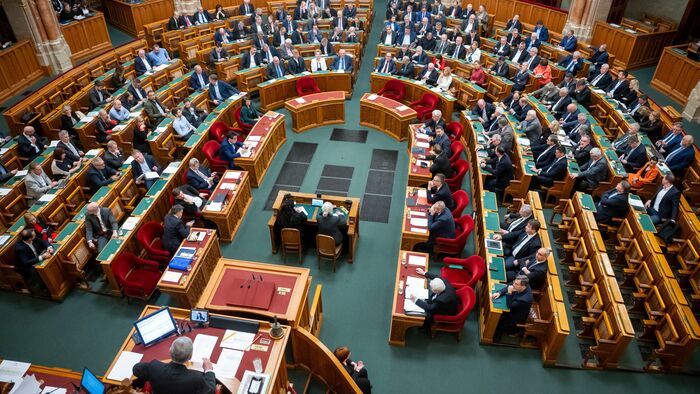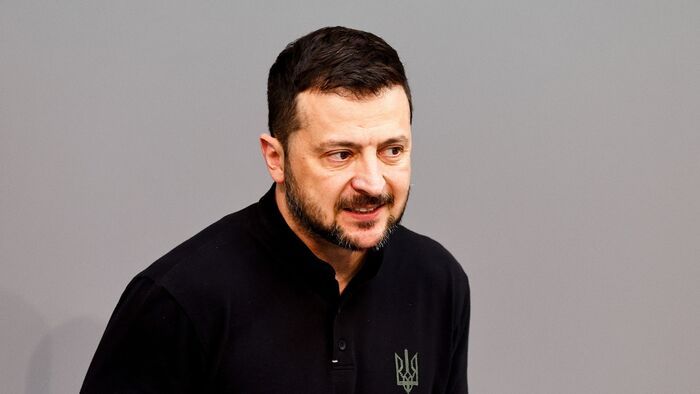"It is unacceptable for Hungary that the European Union is seeking to impose mandates on the country to open its gates, initiate immigration procedures and thereby allow practically unlimited numbers of illegal migrants into the EU," the parliamentary state secretary of the Ministry of Interior said on Sunday morning's Kossuth Radio program. Bence Retvari said that, according to an implementation plan adopted in the summer, Hungary would have to deal with more than a quarter of all applications submitted by illegal migrants. This is a disproportionately high amount, and
would lead to the development of precisely the migrant ghettos the country wants to avoid.
He stressed the need to build up the application processing capacity, which would have to be increased to fourfold by 2028, and the requirement to ensure application submissions thereafter.
"We have been following the same policy since 2015: we comply with Hungarian and EU legislation, which clearly states that borders must be protected and that crossing the green border undocumented is illegal," he said. The politician pointed out that, by contrast, Hungary's costs of two billion euros or 800 billion forints to protect the border are not being reimbursed, and furthermore, according to the incredibly disproportionate and unjust penalty imposed by the European Court of Justice, Hungary would have to pay 78 billion forints (nearly 1 billion euros) and an additional one million euros a day in fines. "This is unequivocally not a consequence of the legal proceedings but of political pressure tactics and blackmailing of the country to allow in migrants and relinquish its pro-peace stance," he stated, stressing that Hungary refuses to give in, and is seeking a solution to assert its claims with the help of experts in international law.
"Hungarians, and the eastern countries of the EU in general, completely reject the idea of mass settlement of illegal migrants, but if Brussels really wants mass immigration, Hungary will also look at the possibility of putting incomers on planes near the Hungarian border and having them land in Brussels,"
he said. Bence Retvari recalled that the essence of the Schengen rules was to make Europe internally traversable, but this achievement has taken a "severely blow" with internal border controls being re-introduced in multiple places as a result of migration, because the external borders are left unprotected by the EU. The attack in England showed that migrants who settled here are not integrated into European society, and neither are their children, who are committing the same crimes. So there is no integration based on cultural identity in Europe.























Szóljon hozzá!
Jelenleg csak a hozzászólások egy kis részét látja. Hozzászóláshoz és a további kommentek megtekintéséhez lépjen be, vagy regisztráljon!